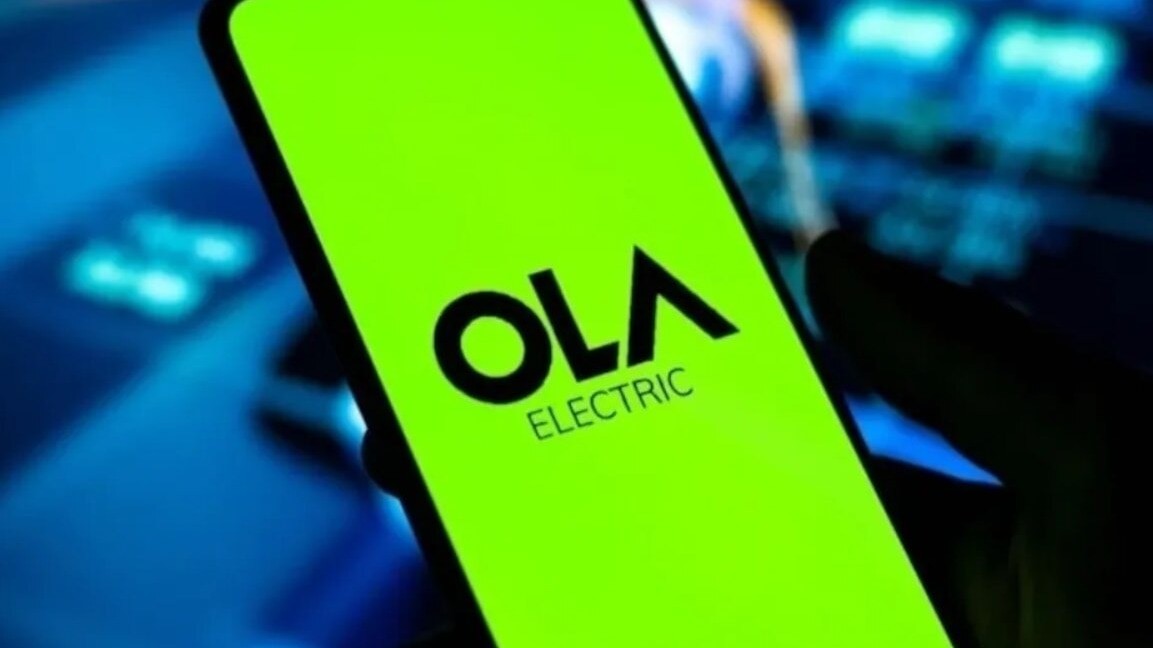Shares of Ola Electric Mobility fell below its IPO price of Rs 76 after settling 8% lower at market closing. The company’s shares ended 7.90% lower at Rs 74.23 apiece.
Earlier in the day, the stock hit a new 52-week low of Rs 73.70 after declining as much as 9%.
The drop coincided with the expiry of the three-month lock-in period, allowing an estimated 182 million previously restricted shares, equivalent to 4% of the company’s equity, to be freely sold.
WHAT IS A LOCK-IN PERIOD?
A three-month lock-in period restricts certain shareholdersâsuch as company insiders, employees, and early investorsâfrom selling their shares immediately after an IPO to stabilise stock prices and prevent sudden sell-offs.
Typically set for six months to a year, the lock-in allows for price stability by ensuring that major shareholders, including promoters and anchor investors, hold their shares in the initial phase following a company’s public listing.
When this lock-in period expires, it often results in increased selling pressure, as more shares flood the market. This can lead to a temporary drop in share prices. Ola Electric’s shares, for example, have seen a 21.54% decline over the past month, including a 4.14% decrease in the last two weeks.
NERVOUSNESS AHEAD OF Q2 RESULTS
The company recently informed the exchanges that its Board of Directors will meet on November 8 to review and approve the company’s unaudited financial results for the September 2024 quarter (Q2 FY25).
Investors will be paying close attention to these results, especially as Ola Electric faces scrutiny over service-related issues, which have led to a recent surge in complaints on social media.
Following a , the company’s service practices are also under increased government scrutiny.
Kranthi Bathini, Director of Equity Strategy at WealthMills Securities, told Business Today that while Ola Electric has gained market share, concerns around profitability and breakeven remain. Bathini suggested that Ola’s stock could stay weak in the short to medium term, advising investors with a high-risk tolerance to hold on but wait for lower entry points.
Meanwhile, Ravi Singh, Senior Vice-President (Retail Research) at Religare Broking told the publication that he expects the price to slip further, possibly towards Rs 70.





